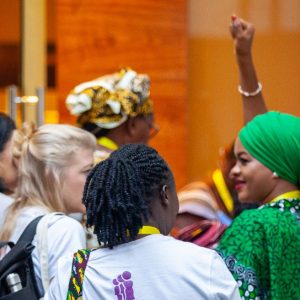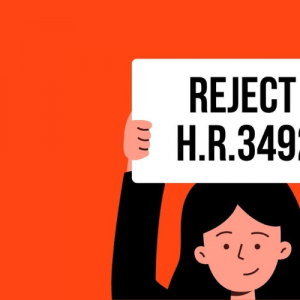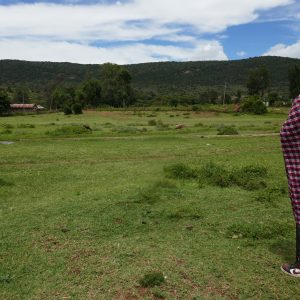December 2014 was the ‘cutting season’ in Kuria, Kenya where Orchid Project and Feed The Minds are working in partnership with ECAW. Two of ECAW’s paralegals – community outreach workers who raise awareness and facilitate dialogue on the practice – shared their experiences of the season.
Teresa K. Mwita (Mama Lilian), Paralegal for Taranganya
Shortly after the schools in Taranganya closed at the end of November, the Clan of Elders announced the start of the cutting season.
Teresa spoke in two churches, Pefa Church and Global Fishers of Men on the dangers of cutting and the rights of girls and young women to remain uncut, finish their education and not to be married young. Approximately 20 girls from these congregations, aged 12-18, were under considerable pressure to agree to being cut. These were mainly daughters or grand-daughters of members of the Clan of Elders. They were told that if they were not cut then they would never be married and would be be-witched and would die. Teresa tried talking to the girls and their parents. Some parents and girls changed their minds as a result, however, about 10 girls from these two congregations went for the cut.
The cutting took place about a day’s walk away and the girls danced and sang as they walked there. The usual payment for cutting is 500 KES, which is split between the cutter and the Clan of Elders. There is some talk of different rates, with families paying more if their daughters are left until they are quite old to be cut or if a girl is pregnant. Girls who run away from home to be cut against the wishes of their parents are cut for free. Family members of the Clan of Elders also pay no fee.
The girls returned to their homes where most are given presents of money, blankets or clothes. The families celebrated with their neighbours and relatives. These celebrations were open and the families were proud of their girls being cut. After a period staying at home for one month, the girls returned to school and have not, as yet, been married. However, when the families attended church the pastor was not very receptive and showed his disapproval of the girls being cut.
During the cutting season another girl, Gati, stayed at Teresa’s home. Teresa visited the family and, after lengthy discussion, persuaded them to change their minds and not to force Gati to be cut. They agreed and she returned home safely.
Despite the 2014 cutting season being a traumatic time for many girls and young women, Teresa feels that thing are changing and Taranganya is still moving towards abandoning the cut. Although some members of the community were rude to her because she was openly opposing the cut, she did not feel threatened or insecure at any time. Teresa still feels welcomed at community forums and sees the community as being open to the work of ECAW, and they are having internal discussions and debates about the last cut.
Coletha M Siruri, Lead Paralegal for Kegonga
Coletha expected a cutting season in December 2014 as it had been two years since the previous cut. However, she heard from the Clan of Elders, church leaders and others that there would be no cutting in 2014.
In November, schools closed and the understanding of the community was that the Clan of Elders conducted witchcraft in the forest, changing the people in the community so everybody agreed to cut. It is felt that the Elders are powerful and can cause anything. The Elders declared that the cut will happen and when they return from the forest they inform families who spread this message.
The Elders choose the one who will be cut first. Some girls – those who had finished form four – chose to go to be cut. Other girls refused and were taken to be cut. Girls passed Coletha’s house travelling to and from the cut, making noise, dancing and accompanied by parents and neighbours. There were 20 or 30 girls cut in total, between 5 and 10 a day.
One married woman with three children was forced to be cut; early in the morning, she was carried there by the men in her family who had been given permission to take her by her husband.
Last cutting season, the cutter was sent to jail and she is still there. This time, the cutter was a young woman brought into the community from Tanzania.
During the cutting there was very little involvement of the authorities; the police came and left, especially if they heard people were fighting about FGC.
Coletha felt that community members were rude, asking why she and others are refusing the cut. Despite this, Coletha strongly feels that there will be a time when community members will agree to abandon the practice. She already sees that her neighbours no longer cut their daughters.





